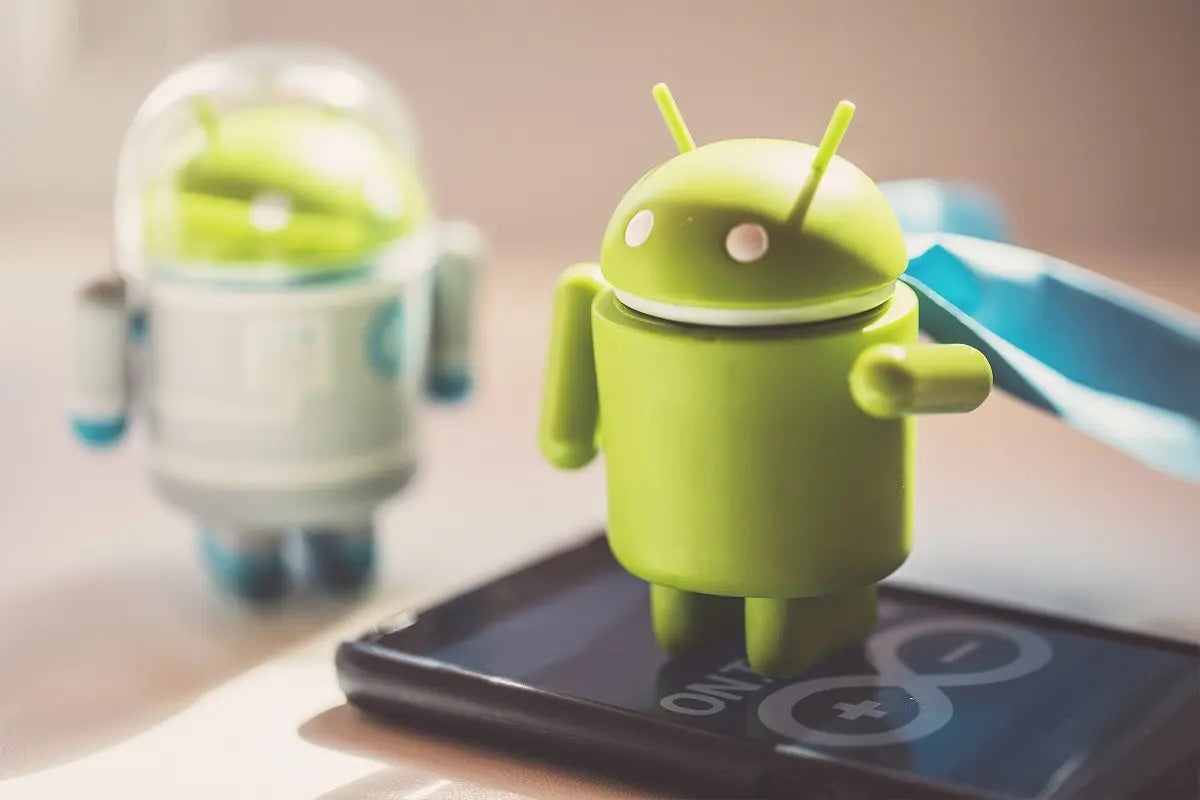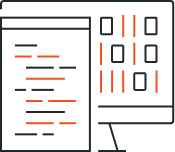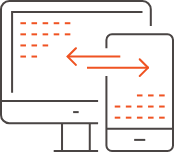Flutter is a free, open-source toolkit. Developing your app with Flutter will require hiring software developers, whether by building your in-house team or investing in software outsourcing. The cost of the latter will depend on the scope of your project and hourly rates of a software development company you choose.
The cost of mobile development usually depends on the type of the project (e.g. game, business, entertainment, etc.), desired platforms, business logic, number of features, integrations, etc.
If you’re not sure about the details of your app architecture, software development team can also help you with this, as well as with choosing the right tech stack for your project.
















